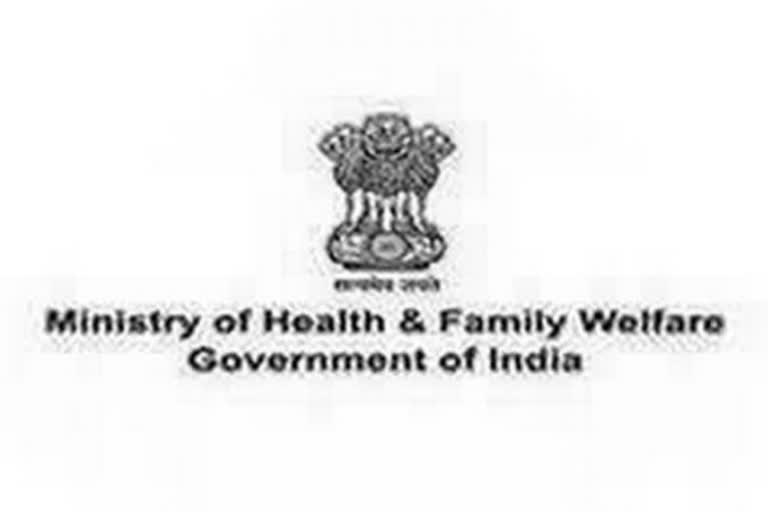New Delhi: The Union Ministry of Health and Family Welfare (MoHFW) on Tuesday has categorised states and UTs across India into six different categories to release funds to fight the COVID-19 pandemic.
Accordingly, Bihar, Chhattisgarh, Jharkhand, Madhya Pradesh, Odisha, Rajasthan and Uttar Pradesh have been put under high focus states with a financial allocation of Rs 752.33 crore and Rs 310.66 crore in phase I and phase II till September 3.
However, a total of 4230.78 crores have been released to the States and UTs till September 3 to fight against the pandemic.
"All states and UTs are provided with necessary financial support under India COVID-19 emergency response and health system preparedness package. States and UTs were given flexibility to use the resources available under NHM to prepare the public healthcare system for COVID-19 management," minister of state for health and family welfare Ashwini Kumar Chaubey told in the Rajya Sabha on Tuesday.
Himachal Pradesh and Uttarakhand have been categorised as the Hilly States and Rs 54.19 crore and Rs 44.76 crore was released to them under phase I and II to fight the pandemic.
States like Andhra Pradesh, Telangana, Goa, Gujarat, Haryana, Karnataka, Kerala, Maharastra, Punjab, Tamil Nadu and West Bengal have been categories as other states and Rs 1696.71 crore and Rs 753.62 crore were released under phase I and II.
Read: SC to hold workshop on long-term mental distress due to Covid
Andaman & Nicobar, Chandigarh, Dadra & Nagar Haveli and Daman & Diu, Lakshadweep have been categorised under union territories without legislature and Rs 15.96 crore and 5.24 crore were released under phase I and II respectively.
Delhi, Puducherry, J&K, and also Ladakh have been granted Rs 356.55 crore and Rs 64.72 crore respectively.
Accordingly, Assam, Arunachal Pradesh and Manipur (In northeast) have been provided with Rs 100.03 crore and Rs 47.81 crore under phase I and II.
Referring to the initiatives taken to find solutions to address COVID-19, Chaubey said that Council of Scientific and Industrial Research (CSIR) Indian Council of Medical Research (ICMR) Department of Biotechnology (DBT) and Department of Science and Technology (DST) covered the entire chain of scientific and technological solutions holistically for Covid-19 through academia, R&D labs, industry, startups and NGOs.
"These solutions include basic scientific studies on the behaviour, transmission and effects of virus, mathematical modelling of the pandemic and products such as the world-class ventilators, diagnostic kits, vaccines etc," said Chaubey.
He said that India is also coordinating with international partners wherever required.
"A case in point is India partnering with coalition for epidemic preparedness innovations (CEPI), along with Norway. For vaccine research Indian entities are collaborating with Oxford University (UK), medical labs in USA and Europe and Thomas Jefferson University, USA with respect to several vaccine in India laboratories and hospitals," said Chaubey.
Also Read: NIA arrests key accused in Visakhapatnam espionage case



